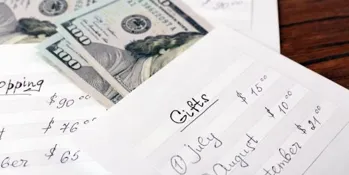- Quick Summary
- Don’t Rinse Dishes
- Wash Full Loads of Laundry
- Keep Air Vents Open
- Seal Air Leaks Around Doors and Windows
- Switch to a Low-Flow Shower Head
- Take Shorter Showers
- Replace Toilet Flapper Yearly
- Switch to LED Lighting
- Use Smart Power Strips
- Look Into Time-of-Use Rate Plans
- Schedule Regular HVAC Maintenance
- Insulate Your Home Effectively
- Conclusion
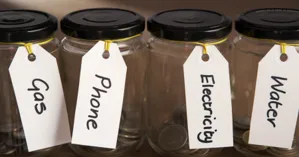
- Quick Summary
- Don’t Rinse Dishes
- Wash Full Loads of Laundry
- Keep Air Vents Open
- Seal Air Leaks Around Doors and Windows
- Switch to a Low-Flow Shower Head
- Take Shorter Showers
- Replace Toilet Flapper Yearly
- Switch to LED Lighting
- Use Smart Power Strips
- Look Into Time-of-Use Rate Plans
- Schedule Regular HVAC Maintenance
- Insulate Your Home Effectively
- Conclusion
You can’t control inflation, but you can control how you spend your money. High utilities are part of everyday expenses. Embracing energy efficiency can significantly reduce your utility bills by optimizing household energy use. But there are some things you can do to lower them. Here are ten simple changes to save over $500 on your utility bills.
1. Don’t Rinse Dishes
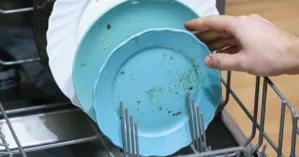
Don’t rinse your dishes before putting them into the dishwasher. You waste a lot of water. Modern dishwashers are made to rinse the dishes before they wash, so you rinsing them is unnecessary. Always wait until the dishwasher is full before running it. Reducing water usage also contributes to overall energy savings, as less energy is required to heat the water.
2. Wash Full Loads of Laundry
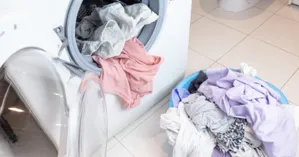
Always wait until you have a full load before washing. Be sure to use cold or warm water when washing. That’s because almost 90 percent of a washing machine’s energy is spent heating the water. Today’s detergents are more than able to remove stains and dirt with cold water. The added benefit is that it also protects your clothes. Incorporating energy efficiency measures like using cold water not only saves on electricity bills but also offers long-term benefits for both consumers and the environment.
3. Keep Air Vents Open
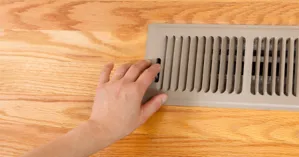
Cooling systems that have closed or blocked air vents cause the furnace and air conditioner to work harder to distribute the air. Ensure all the vents are open. Go through your house and note any furniture that’s blocking vents. Try to move it to another location.
4. Seal Air Leaks Around Doors and Windows
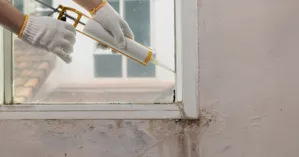
Check for leaks around your doors and windows. You don’t need to heat or cool the outside. If you find cracks where air is getting through, caulk and weatherstripping will take care of it. The best scenario is to install new windows or doors. Sealing these leaks can significantly reduce your energy bill by preventing unnecessary energy loss.
5. Switch to a Low-Flow Shower Head
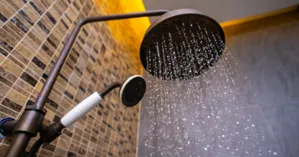
A low-flow shower head uses only 2.5 gallons of water per minute (gpm), while older shower heads use as much as 5.5 gpm. This simple switch can save you 25 to 60 percent on your water bill. Additionally, combining low-flow shower heads with energy-efficient appliances can further reduce your utility costs and may qualify you for various tax credits and incentives.
6. Take Shorter Showers
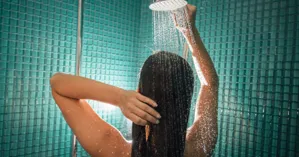
Try to take a five-minute shower instead of that luxurious 15-minute one. You’ll use 37.5 gallons of water taking a 15-minute shower. Use a low-flow shower head and take a five-minute shower to use only 12.5 gallons. This savings adds up on your water bill. Additionally, shorter showers contribute to overall energy efficiency by reducing the amount of hot water used, which lowers energy consumption and costs.
7. Replace Toilet Flapper Yearly
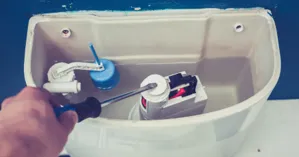
A toilet flapper is a rubber disc or stopper at the bottom of the tank. It’s attached to the chain. Because toilet flappers break down quickly, they should be replaced yearly. They only cost a couple of dollars and can save you money. Additionally, replacing the toilet flapper can contribute to overall energy savings by reducing water waste, which in turn lowers utility bills and enhances the efficiency of your home's water system.
8. Switch to LED Lighting
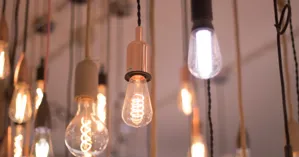
Switching all your lights to LED can save you up to $225 a year. Soon, you won’t have a choice anyway, as the federal Energy Department rules prohibiting the sale of incandescent bulbs went into effect. But get a jump on it and enjoy the savings, as LED lighting is designed to comply with stringent energy efficiency guidelines, ensuring both high performance and energy conservation.
9. Use Smart Power Strips
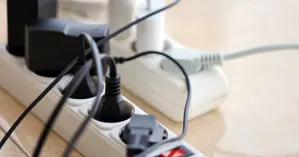
Many appliances and devices use power even when turned off; they sit on standby. This is called “vampire power” and it can run up your electricity bill. But it’s not always convenient to unplug the TV or desktop PC. Use a smart power strip. A smart power strip will cut off the power when the device isn’t in use, helping to reduce electricity bills and providing long-term financial benefits. Another option is using a power strip with a manual on/off switch.
10. Look Into Time-of-Use Rate Plans
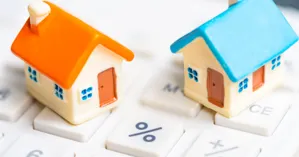
Ask your power company for a time-of-use rate plan. Some utility providers offer better rates during different parts of the day when usage is low. For example, you can do your laundry after seven p.m. when rates are low. Or doing other energy-intensive tasks at off-peak times. By optimizing your energy usage based on these rates, you can significantly reduce your electric bill.
11. Schedule Regular HVAC Maintenance
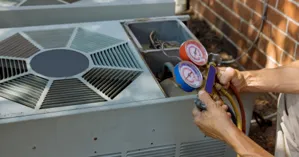
Regular maintenance of your heating, ventilation, and air conditioning (HVAC) system is crucial to ensure it operates efficiently and effectively. Neglecting maintenance can lead to increased energy costs, reduced system lifespan, and even safety hazards. Here are some tips to help you maintain your HVAC system:
- Change your air filters every 90 days to improve air quality and reduce energy costs.
- Schedule annual professional maintenance to inspect and clean your system, check for air leaks, and ensure proper refrigerant levels.
- Keep your outdoor unit clean and clear of debris to ensure proper airflow.
- Consider upgrading to a smart thermostat to optimize your system’s performance and save energy.
By implementing these simple changes, you can save up to 20% on your heating and cooling costs and extend the lifespan of your HVAC system.
12. Insulate Your Home Effectively
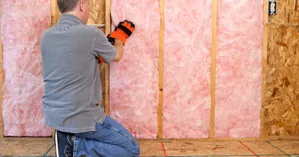
Proper insulation is essential to reduce heat transfer between the inside and outside of your home, keeping you warm in the winter and cool in the summer. Here are some tips to help you insulate your home effectively:
- Check for air leaks around windows, doors, and ducts, and seal them with caulk or spray foam.
- Add insulation to your attic, walls, and floors to reduce heat loss and gain.
- Consider upgrading to energy-efficient windows or adding window treatments like curtains or blinds to reduce heat transfer.
- Use a programmable thermostat to optimize your heating and cooling usage and save energy.
By insulating your home effectively, you can save up to 30% on your energy bills and create a more comfortable living space.
Conclusion
Since you can’t save money on many other items in your life, why not save it on your utilities? Take a little time and planning to go through your house looking for energy wasters. Then, change your habits when it comes to showering and doing dishes. Implementing energy saving practices in HVAC maintenance can significantly reduce energy bills and contribute to environmental conservation.



